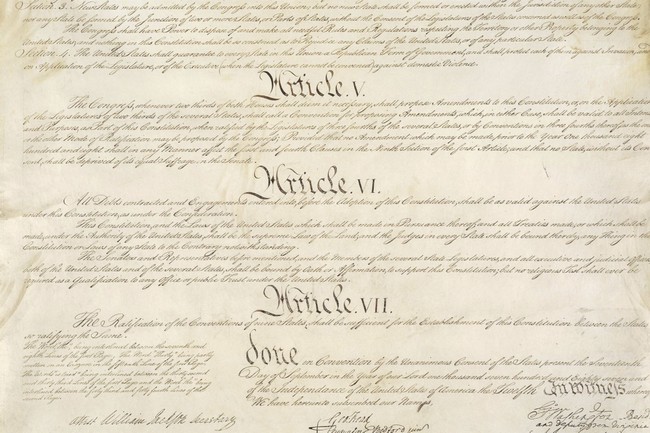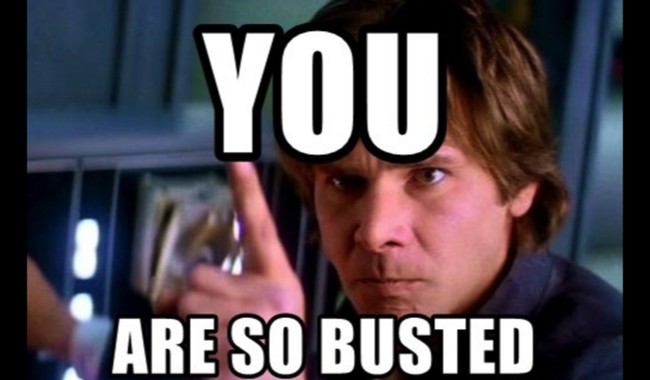ARTICLE AD BOX
BRUSSELS — Want to run a country with six parliaments, three official languages, and a national mascot of a boy pissing on your capital’s cobblestone streets?
Really?
Belgium is headed for a triple election on June 9, with voters casting ballots to elect a new federal parliament, regional parliaments, and members of the European Parliament all on the same day. It’s what the country calls the “mother of all elections.”
The triple vote could yet again put the country in a bind. In the Dutch-speaking northern half of the country, Flanders, far-right and right-wing Flemish nationalists are predicted to win. In the French-speaking southern half, Wallonia, social democrats and the far left have dominated the campaign.
Coalition talks to form a national government are expected to take months. The country already holds the world record in that regard, after going 541 days without a government in 2010-2011 when it faced a similar divide.
It’ll take a strategic mastermind to forge a ruling coalition — a grandmaster of the famed compromis à la belge of finding common ground where seemingly none exists.
So will the real Belgian leader please stand up?
Here’s POLITICO’s list of likely (and some unlikely) candidates to take up the baton from current Prime Minister Alexander De Croo and lead Belgium after June’s election.
Paul Magnette
Why? The leader of the Francophone Socialist Party, Magnette makes no secret of his ambitions to become the next prime minister. His party is racing to remain the largest French-speaking party in Belgium, according to POLITICO Poll of Polls.
A suave, Cambridge-educated former professor of EU constitutional law, Magnette became (in)famous in Europe and Canada for holding back a trade agreement in 2016.
He was close to becoming prime minister in 2020 when he was appointed by the king, alongside De Croo, to shepherd thorny negotiations that led to the current government.
If Magnette plays his cards right after June 9, it could well be up to the socialist heavyweight to lead the country this time around.
 If Paul Magnette plays his cards right after June 9, it could well be up to the socialist heavyweight to lead the country this time around. | Laurie Dieffembacq/Belga Mag/AFP via Getty Images
If Paul Magnette plays his cards right after June 9, it could well be up to the socialist heavyweight to lead the country this time around. | Laurie Dieffembacq/Belga Mag/AFP via Getty ImagesWhy not? To have a shot at taking the throne, Magnette will have to beat his nemesis: The left-wing Workers’ Party. That party could win even more seats in the federal parliament than Magnette’s Parti Socialiste. Magnette is also facing a last-minute surge by the center-right Reformist Movement (MR) on his right.
Magnette equally needs to overcome widespread Flemish resistance. Voters in the north are flocking to the far-right and separatist Vlaams Belang and the conservative, Flemish-nationalist N-VA, two parties that have built their political power by castigating the French-speaking left’s policies. It will be difficult to find a working majority that will accept a French-speaking socialist as premier.
Chances of success:

Alexander De Croo
Why? De Croo has made clear he wants to stay on as prime minister.
On the one hand, his government’s track record on implementing structural reforms is mixed. On the other, he has still managed to keep his ideologically divided, seven-party coalition alive until the end while steering the country through the economic fallout of the pandemic and the war in Ukraine.
Why not? De Croo’s party, the Flemish liberals, are currently polling at just 10 percent of Flemish votes, which would make it one of the smallest parties in terms of seats in the federal parliament.
Even De Croo himself has admitted he has only a small chance of becoming prime minister again. Has he already set his eyes on one of the EU’s top jobs?
De Croo in extra time: Belgians will enjoy the Flemish liberal for a little while longer, as he will (at least initially) stay on as caretaker prime minister while party leaders quibble for months over the shape of the next coalition.
Chances of success:

Sophie Wilmès
Why? The former prime minister steered her country through most of the pandemic. After a short break, she is making a political comeback.
Wilmès left her previous job as Belgian foreign minister under De Croo in 2022 to take care of her sick husband, who has since passed away. Now, she is the lead candidate for her Francophone liberal MR in the European Parliament election.
As right-wing parties are expected to win in Flanders, her MR — the only center-right party in Wallonia — could be well-placed to deliver the prime minister again. The MR caught up with the PS in Wallonia in some recent polls and the liberals could be a more suitable option for Flemish right-wing parties to team up with.
Why not? The MR is expected to come out of the elections as only the fifth-largest party in the federal parliament. Wilmès is still popular among French-speaking voters but her first stint as prime minister also led to criticism about her leadership style. Plus, if the MR does deliver the next prime minister then Wilmès could face rivals from within her own party (see below).
Chances of success:

Charles Michel
Why? The current European Council president and former Belgian prime minister will be out of a job when his term ends on December 1. The chances of him landing another top European or international job are slim.
 The chances of Charles Michel landing another top European or international job are slim. | Issouf Sanogo/AFP via Getty Images
The chances of Charles Michel landing another top European or international job are slim. | Issouf Sanogo/AFP via Getty ImagesWithin his party of Francophone liberals, the MR, he has a close relationship with current party president Georges-Louis Bouchez. Bouchez could theoretically put Michel forward as a potential prime minister boasting national and international experience.
Why not? Michel’s record as Belgian prime minister in 2014-2019 was mixed, at best.
To get a second chance, he would first have to fix things within his own party. Earlier this year, Michel announced he would lead the MR’s EU election campaign, only to make a U-turn after some EU leaders and officials were furious he was leaving the European Council ship. This caused a lot of frustration within his own party.
When asked about Michel’s chances, one party member put it bluntly: “Michel? Jamais.”
Chances of success:

Bart De Wever
Why? Whisper it, but the man who thrust Flemish nationalism to the center of national politics over the past two decades has a shot at running the country he’s been working to dismantle.
If polls end up being accurate, De Wever’s main rival to his right — the more extreme, separatist, far-right Vlaams Belang, which is aligned with Marine Le Pen in Europe — would come out of the election as the winner. No one wants to govern with Vlaams Belang, though, and so De Wever’s N-VA could become kingmaker as a more palatable alternative to appease Flemish-nationalist voters.
De Wever has indicated he wants to form a government focused on decreasing the country’s sky-high budget deficit. The price of getting De Wever’s support? Other parties, including Francophone ones, would have to agree to turn the federal country into a “confederal” one, lifting major competencies to the regional governments’ purview.
Why not? A Belgian government led by a Flemish nationalist is unlikely to gain much traction among the French-speaking political parties.
Chances of success:

Stromae? Angèle? A smurf?
Why? In the land of surrealism, never rule out a last-minute surprise.
Belgian politicians aren’t exactly the speediest at forming a government (did we mention that world record of days without a government?) Maybe it’s time for Belgian King Philippe to dole out the job to a (sur)real Belgian figure.
We’re thinking of pop stars like Stromae or Angèle, who have celebrated the country’s diversity. Or perhaps one of its famous athletes — who tend to inspire more national pride than its politicians — like Olympic gold medalist Nafi Thiam or former captain of the national football team Vincent Kompany.
Why not? Building a Belgian coalition is the political equivalent of landing a triple Axel jump on skates. Some political experience may come in handy.
Hanne Cokelaere and Pieter Haeck contributed reporting.
.png)
 9 months ago
13
9 months ago
13








 English (US)
English (US)